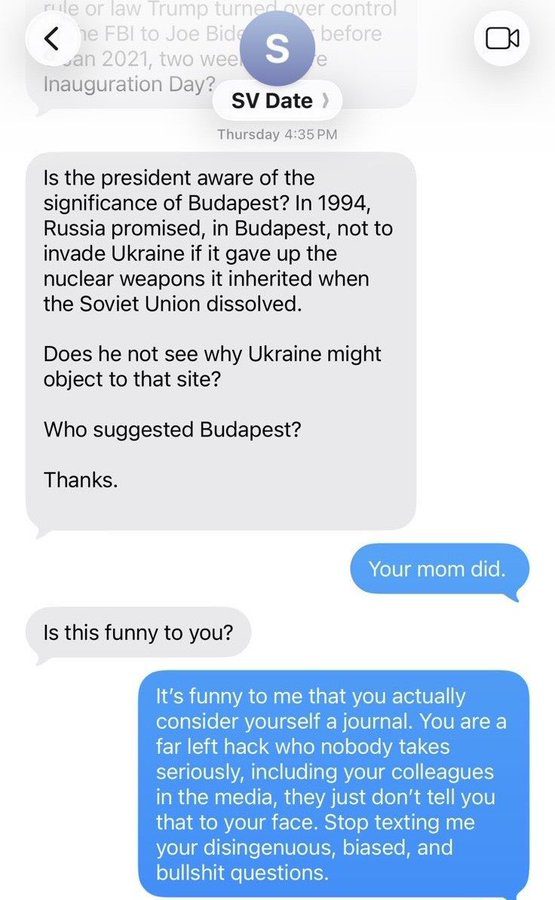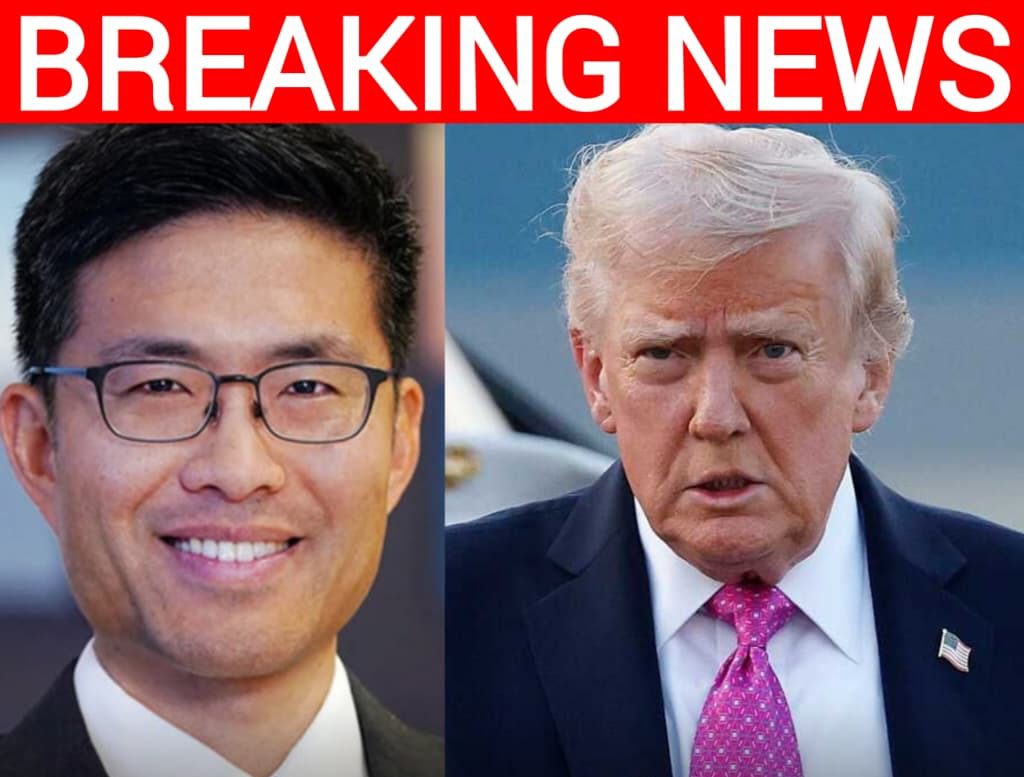Former White House Press Secretary Karine Jean-Pierre Slams Successor Karoline Leavitt for “Online Trolling” and Disrespect Toward the Press — Sparks Fierce Debate Over Professionalism and Free Speech
Karine Jean-Pierre has never been shy about the hard parts of the job, but this time her message was pointed and personal. In new comments, the former White House press secretary criticized her Gen Z successor, Karoline Leavitt, for what she called “inappropriate” exchanges with members of the press, warning that the tone coming from the podium and online matters just as much as the facts delivered there. In a media landscape that already runs hot, her choice of words — “deplorable” and “disrespectful” — landed with a thud, instantly igniting a wider conversation about the boundaries between combative messaging, public accountability, and professional conduct.

Jean-Pierre’s critique followed a series of social posts and screenshots circulated by Leavitt that showcased private or semi-private conversations with journalists and sharp clapbacks to on-the-record questions. Those posts traveled fast, as her content often does, and the replies spiraled into the familiar trench lines: some applauding Leavitt for pulling back the curtain on how political reporting actually works, others arguing that sharing messages and taunting reporters crosses a line for the person meant to represent the administration to the public. Jean-Pierre, who weathered her own seasons of friction with the press, framed her concern less as partisan outrage and more as stewardship of an institution. If the press secretary’s job is, in part, to keep the public’s trust, she suggested, then there’s a responsibility to keep disagreements civil — online and off.
Leavitt’s defenders countered quickly, noting that transparency and speed now define modern communication. They argue that the same reporters criticizing her tone often amplify snark in their own feeds and lean on framing devices that go well beyond neutral fact-finding. In that telling, Leavitt’s approach is not a breakdown in norms but a recalibration — a decision to meet the media where the public now spends its time: on their phones, in real time, with receipts. It’s also hard to ignore that she represents a generational shift. At 20-something, she is fluent in the language of the internet — punchy, visual, and built for virality — and many of her supporters see that fluency as a feature, not a bug, for a role that shapes the day’s narrative.

Jean-Pierre sees the same facts from a different angle. The public may appreciate candor, she suggested, but institutions still rely on rules of engagement that keep the oxygen flowing: you answer tough questions, you debate facts, you push back, but you don’t try to embarrass the person asking. That boundary can feel quaint in an age when heat equals reach, yet it remains the foundation that allows adversarial press and government to coexist. Her message came with the weight of experience. She has been in the briefing room when tempers flare. She has felt the pressure to clap back. And she has watched how a single viral moment can swallow the policy story everyone arrived to discuss.
What’s striking is how both women are making arguments that resonate far beyond the West Wing. Newsrooms have wrestled for years with the tension between reporting and personality; political communicators grapple daily with the rewards of confrontation versus the dividends of restraint. The incentives are not subtle. The sharpest line gets the clicks, and the screenshot outlives the clarification. That’s why this flare-up is more than just a dust-up between predecessors — it’s a case study in how government messaging is changing in public, and in plain sight.
Leavitt, for her part, has leaned into her approach, positioning it as unapologetic transparency and a refusal to accept what she views as biased framing. Her fans see a woman punching back at a press corps that punches plenty. Her critics see escalation dressed as authenticity. Both things can be true: online showdowns do reveal process and power dynamics the public rarely sees; they also risk turning a civic ritual into a never-ending quote tweet war, where the loudest moment eclipses the most important fact.
In the end, Jean-Pierre’s comments land like a note passed down the line rather than a closing argument. She is warning about the cost of winning the minute and losing the room. The press secretary’s daily job is part theater and part audit — a performance with an obligation to be accountable. When the performance starts to devour the accountability, trust frays. And when trust frays, the public loses the thread that helps them separate disagreement from disinformation, and rhetoric from reality.
Whether Leavitt adjusts her style or doubles down, the conversation she and Jean-Pierre have sparked isn’t going anywhere. It will shape how future briefings sound, how reporters engage, and how the rest of us interpret the noise. For all the heat, there’s a simple truth underneath: the words from that podium carry weight. So do the ones posted afterward. And how both are used will tell us a lot about the kind of conversation this country wants to have with itself.



